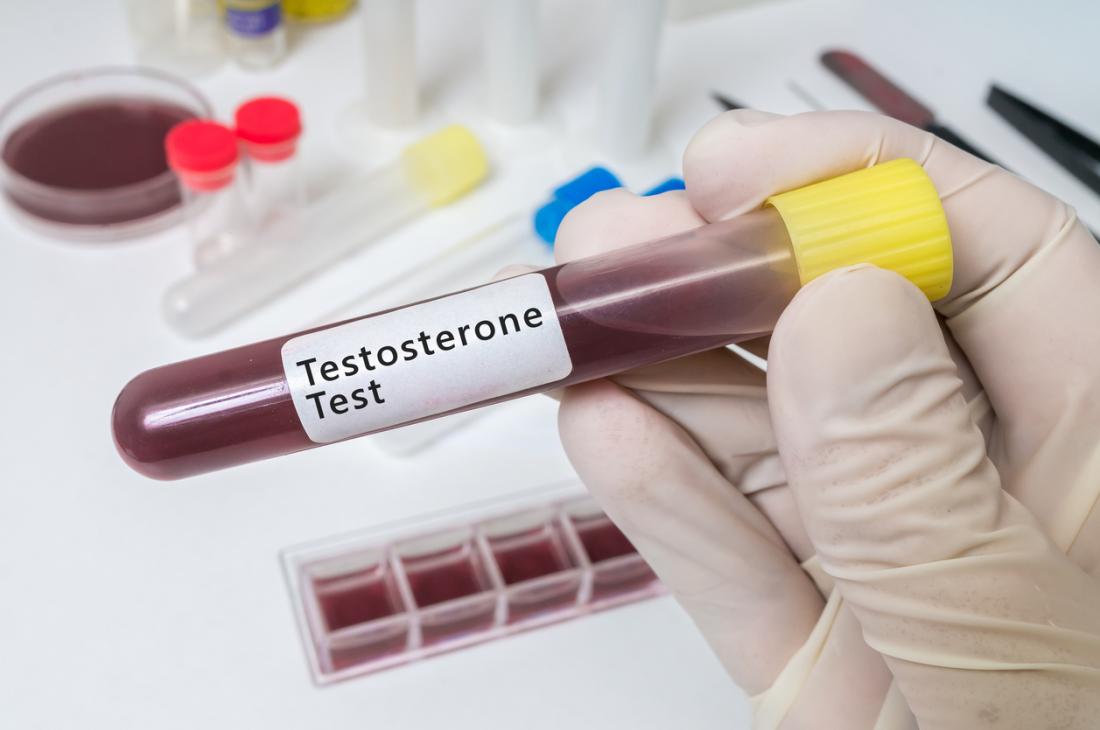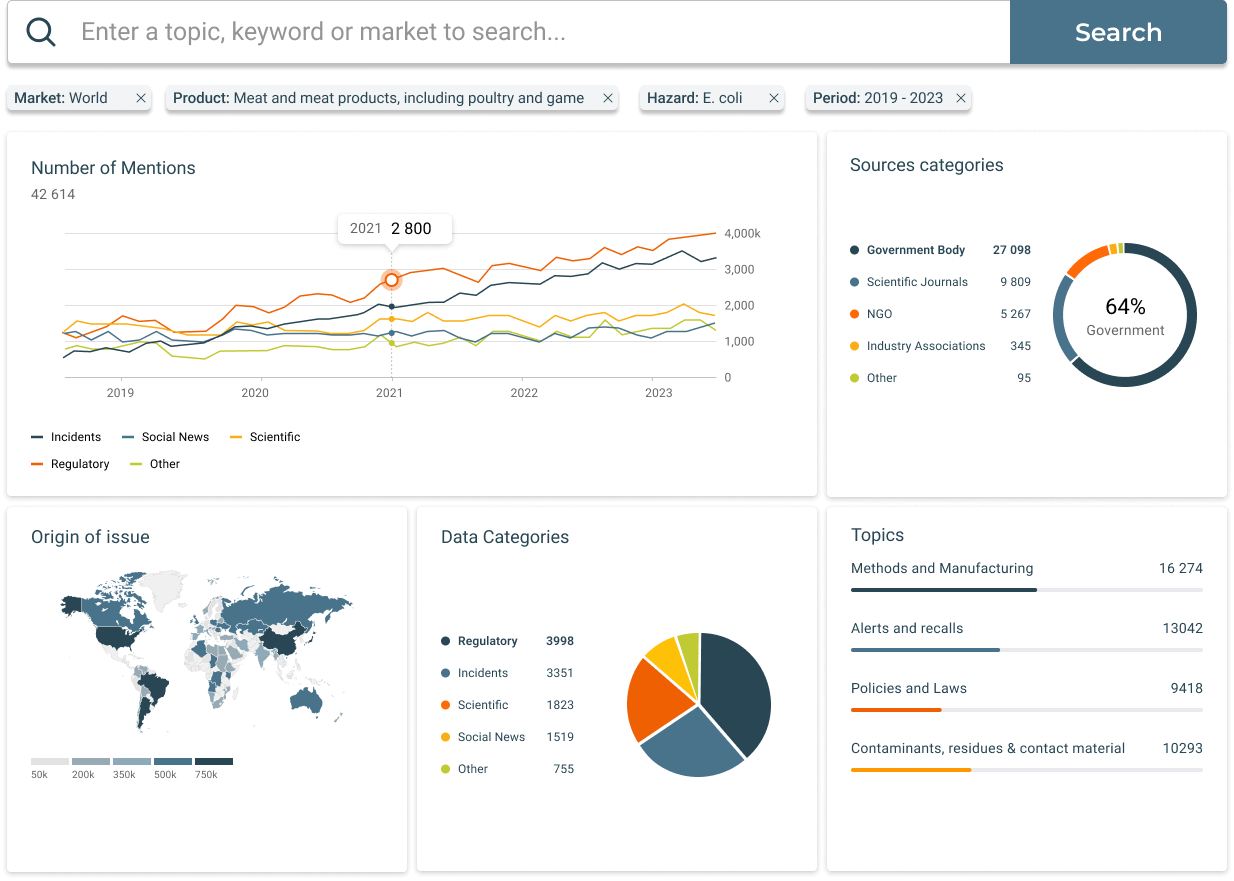
Omeprazole belongs to the drug class Proton Pump Inhibitors (PPI), it is commonly used in conditions indicating a high level of gastric acids such as GERD, peptic ulcer which can be Helicobacter pylori sp. or NSAID associated, esophagitis and Zollinger-Ellison syndrome. These drugs have names ending with the suffix -prazole such as lansoprazole and esomeprazole.
How Does Ppi Work In These Conditions?
Gastric acid, a mix of hydrochloric acid, sodium chloride, and potassium chloride, aids digestion. The stomach’s gastric cells (G-cells) secrete the hormone gastrin, which signals parietal cells to start pumping acid. PPI inhibits basal and stimulated acid secretion by binding to H+/K+-exchanging ATPase (proton pump).
If you use a proton pump inhibitor, your body says you don’t have enough acid. ‘More.’ As a result, G-cells produce more gastrin which makes us predisposed to gastrointestinal tumors (GIST) with too much gastrin. Proton pump inhibitors are commonly prescribed to treat gastroesophageal reflux disease (GERD) and H. pylori infections, both of which increase the risk of stomach and esophageal cancer. In long term, the prescription of PPI is indeed a double-edged sword.
Long-term use of proton pump inhibitor (PPI) acid suppressants like omeprazole has been linked to stomach cancer (also called gastric cancer). Many studies have linked PPIs like omeprazole to an increased risk of gastric cancer by causing inflammation or atrophy (thinning) of the stomach lining, an increase in gastrin and an increase in stomach bacteria. According to a 2017 WebMD.com article about the link between heartburn medications and disease, long-term use of omeprazole has been linked to an increased risk of stomach cancer of two to eight times the average population.
Actually, there are other predisposed risks with continuous usage of PPI.
- PPIs may increase the risk of Clostridium difficile-associated diarrhea (CDAD); diagnose CDAD in patients taking PPIs who have persistent diarrhea.
- In cases of liver disease, reduce the dosage.
- PPIs have been linked to cutaneous and systemic lupus erythematosus; do not use for longer than prescribed. discontinue if CLE or SLE symptoms appear and refer to a specialist.
- Increased doses cause gastric carcinoid tumours in rats, but unknown for its risk towards humans.
- PPI therapy has been linked to an increased risk of osteoporosis-related hip, wrist, and spine fractures, particularly with long-term (>1 year) high-dose therapy.
- Prolonged use (>1 year) may cause hypomagnesemia, tetany, arrhythmias, and seizures. May need to stop PPI usage under doctor’s supervision if reduction of serum magnesium level is not treated with magnesium supplementation alone.
- Reduced gastric acidity raises serum chromogranin A (CgA) levels, potentially misdiagnosing neuroendocrine tumors.
- It inhibits hepatic isoenzyme CYP2C19 and may affect drug metabolism.
- Less active metabolite formation from PPIs may reduce clopidogrel efficacy.

- If a rash or joint pain develops, stop using and consult a doctor.
- Daily use for 3 years or more may cause malabsorption of cyanocobalamin (Vitamin B12) deficiency.
- PPI users have developed acute interstitial nephritis.
- The absence of symptoms does not rule out gastric cancer.
- High-dose therapy raises the risk of Salmonella and other infections
- When combined with high dose methotrexate, may cause toxicity by elevating and/or prolonging serum concentrations of methotrexate and/or its metabolite.
- Use PPI therapy for the shortest duration appropriate to the condition being treated to reduce the risk of fundic gland polyp.
- If taking a prescription drug, ask a doctor or pharmacist if acid reducers can be taken concurrently to prevent unwanted drug-drug interaction.
- In patients taking PPIs, acute tubulointerstitial nephritis (TIN) has been reported; symptoms range from hypersensitivity reactions to non-specific signs of decreased renal function (e.g., malaise, nausea, anorexia); in case of series, some patients were diagnosed on biopsy and without extrarenal manifestations (e.g., fever, rash, or arthralgia); discontinue PPI therapy and evaluate.
So, Should A Patient Stop Taking PPIs?
It’s not always easy to say. Patients are always advised to discuss their prescriptions with their doctor. Not to stop taking PPIs abruptly to prevent rebound symptoms. The decision of whether to continue differs per case if the patients can stay off PPIs by changing their diet and lifestyle alone. It is obvious that lifestyle and diet changes should be the foundation of any treatment for acid reflux. But if that doesn’t work, some people may need long-term proton pump inhibitor therapy.
You may be offered alternative treatment if PPI is found not suitable for you. First, start with a few lifestyle modifications. Avoid spicy, fatty, or acidic foods, lose weight, quit smoking, smaller meals, adequate sleep, raising the bed’s head for sleep; Citrus, chocolate, mints, coffee, alcohol, and tomato-based products may cause reflux. There is another drug class available with the same aim: reducing gastric acid content, H2 blockers such as ranitidine and cimetidine. Antacids may also be given to neutralize the acidic contents. Most are aluminium/magnesium hydroxide mixtures. Some have sodium bicarbonate.
Short-term use of omeprazole is probably safe, but long-term use should be discussed with your doctor. Ultimately, the decision to keep taking the drugs should be made in consultation with your doctor. PPI users should consult their doctors about whether to continue taking the drugs or switch to another treatment.
Tanya Soalan dan belajar untuk menjaga diri dengan lebih baik.







